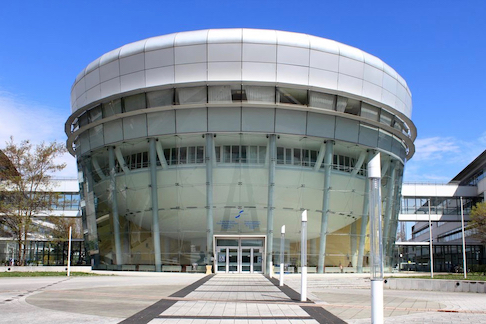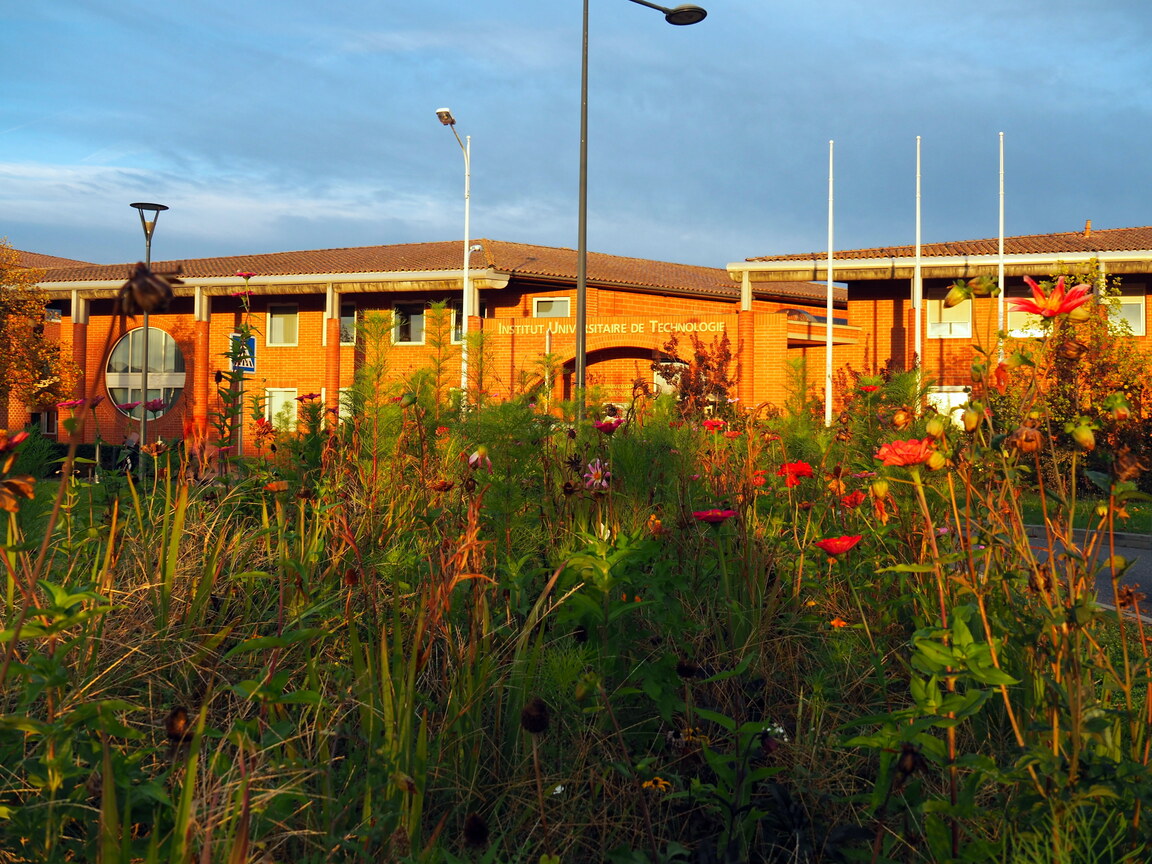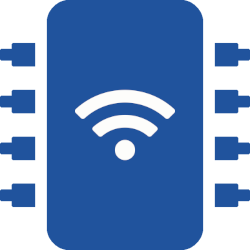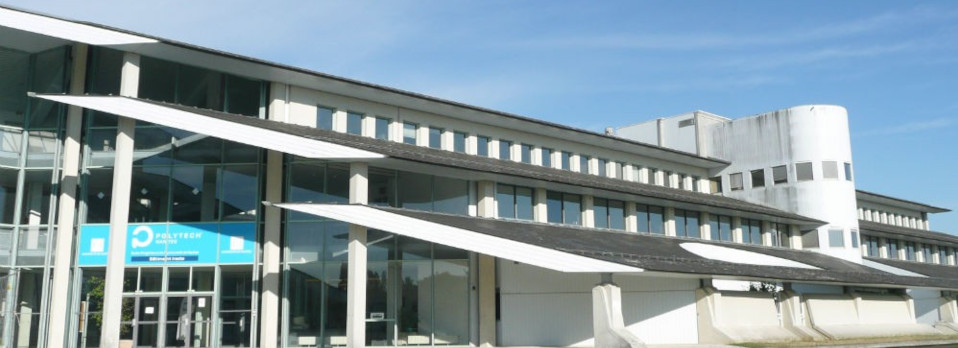Migrating to SLICES-RI
12 Jun 2025

SLICES-RI (Scientific Large Scale Infrastructure for Computing/Communication Experimental Studies) is a flexible infrastructure designed to support large-scale, experimental research focused on networking protocols, radio technologies, services, data collection, parallel and distributed computing and in particular cloud and edge-based computing architectures and services. Since 2021, SLICES-RI managed to launch several projects to define a common architecture of the targeted infrastructure.
The french node of SLICES-RI, called SLICES-FR, plan to integrate major french infrastuctures of the domain like IoT-LAB and bring them to SLICES-RI. The IoT-LAB is defining a roadmap for a smooth migration SLICES-RI to avoid downtime for the users.
New boards available on the Strasbourg site
19 May 2025
#
We are very happy to announce the release of 20 new boards on the Strasbourg site.
IoT-LAB Toulouse is online
18 Apr 2023

We are proud to announce the arrival of a new IoT-LAB site located in the city of Toulouse (Occitanie).
More precisely the nodes are deployed at the IUT Blagnac, in collaboration with the IRIT/UT2J laboratory. You can find information about the actual deployment by following this link.
This site is catered towards indoor localisation in varying setups, but can host experiments on other topics such as time synchronisation.
More development will arrive soon.
New boards available on the Grenoble site
31 Jan 2022

We are very happy to announce the release of new boards on the Grenoble site.
You will find two new LoRa development boards:
As a reminder, a The Things Network LoRa gateway is deployed on the Grenoble site which allows you to follow the tutorials on Labs.
We have also deployed embedded Linux boards based on Raspberry Pi hardware. The boards are equipped with a co-microcontroller (i.e. SAMR21 Xplained Pro) to manage 802.15.4 communications.
For more details on the deployment, please have a look at the Grenoble site deployment page.
We recall that adding support for new boards can be done by anyone: just follow our documentation.
We hope you will enjoy working with these new boards.
IoT-LAB Nantes is online
21 Sep 2021

We are proud to announce the arrival of a new IoT-LAB site located in the city of Nantes (Pays de la Loire).
More precisely the nodes are deployed at the IETR laboratory of the Polytech’Nantes engineering school, in collaboration with the LS2N Laboratory. You can find information about the actual deployment by following this link. More development will arrive soon.
We warmly thank the people who worked on this project and in particular Sébastien Pillement, Marc Brunet and Amine Benomar from the University of Nantes.